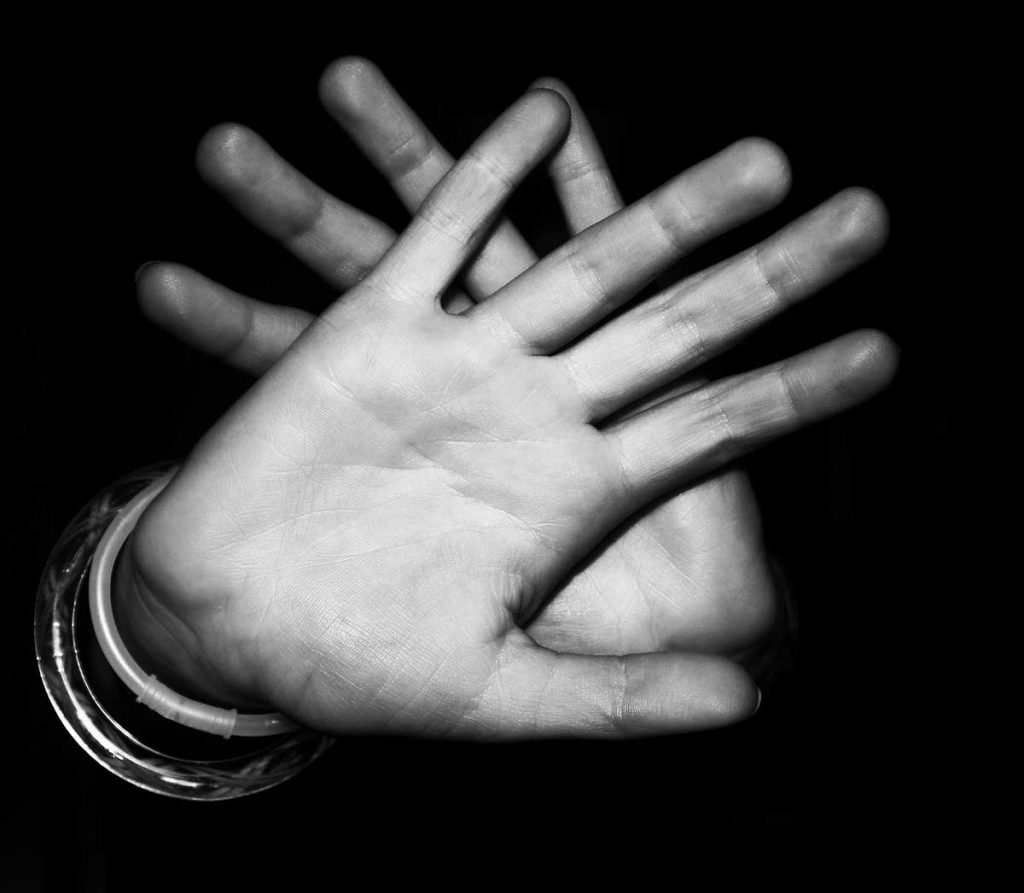
Abuse counselling
What is abuse counselling and how will it help you?
What is abuse?
Abuse can come in one of many traumatic forms, whether physical, emotional, neglect or sexual. A person may attend therapy because their experiences of abuse are impacting their ability to lead their life in the way they would like to. Your experience may be one of traumatic abuse that has affected every aspect of you as a human being. These in turn can lead to extreme loss of sense of self and personality with feelings of being unable to established who you are and how you might move forward.
When presenting with sexual abuse trauma to therapy, a client is usually presenting with post traumatic stress disorder (PTSD). The extreme effects may have left deep internalised feelings of shame and guilt that can so often be present with abuse. The experience may have been so overwhelming that there has been a removal of self, a disassociation as a means of coping with a traumatic event. As a child moves into adulthood there may be flashbacks and dissociative states, an individual may feel removed or numb.
How can abuse counselling help?
The therapeutic relationship is at the very basis of all counselling work. It provides a safe and confidential space to share and face the reality and truth of abuse. Furthermore we can begin to address how to manage the impact. You may be looking for a separate space to discuss your experience. For example, how you may want to work on building confidence and self-esteem. As a result this may enable you the strength to make some changes for yourself. There is a huge importance based on the supportiveness a therapist offers their client. A client may feel being heard and being believed can start to foster recovery and healing.
If you’d like to discuss how I can help you with abuse counselling, please get in touch.